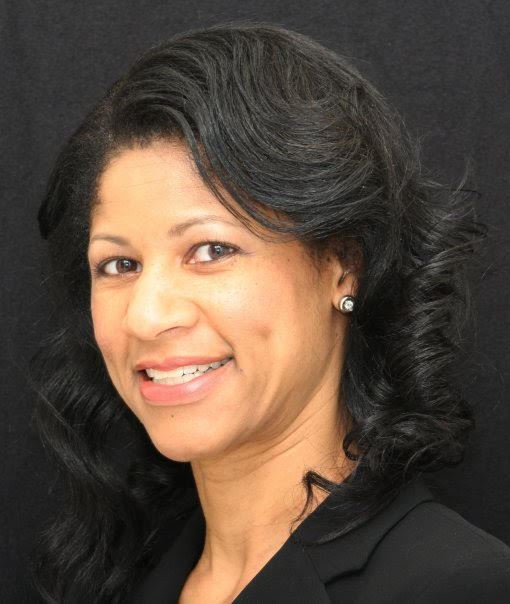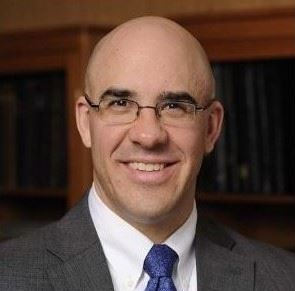DECEMBER 2022
Upcoming events
|
Submit an article for the Chesapeake Chronicle!
If you or someone you know has timely and relevant information on planned giving, send us your article!
To make a submission, here's what we need:
- 750 words or less
- Word or original format
- Author's bio and headshot
|
We’re delighted to announce that the Chesapeake Planned Giving Council will sponsor a 2023 study group for those interested in pursuing the Chartered Advisor in Philanthropy® designation! Some of you may recall a 2021 CPGC panel discussion about credentials in the field of gift planning. The panel acknowledged that the Chartered Advisor in Philanthropy® (or CAP®) designation, sponsored by The American College of Financial Services, is the most widely recognized credential in our field. Not just gift planners, but also allied professionals in law, accounting, insurance, wealth management, and other fields, have found the CAP® credential to be meaningful in incorporating conversations about legacy giving into their work with donors and clients. The attached flyer explains the CAP® program in more detail. Please click here for additional information, including the pricing. A key focus of the CAP® program is the interdisciplinary nature of the work done by both fundraising professionals and those who work in fields such as wealth management, accounting, insurance, and law. Accordingly, we’d like our 2023 CAP® study group to include professionals from a wide range of disciplines, and we hope you’ll spread the word far and wide within your network. Study group participants should expect a robust online discussion, twice per month for approximately nine months, covering courses in three broad areas: Planning for Philanthropic Impact in the Context of Family Wealth; Charitable Giving Strategies; and Gift Planning in a Nonprofit Context. There will be readings and other “homework” between the discussion sessions. Each of the three courses concludes with a two-hour exam. Throughout your time in the program, you will also have online access to The College’s expert faculty. To register your interest, or to request more information, please reach out to Richard Letocha. |
|
I like New Year’s resolutions because they fit nicely in the “T” of SMART goals. The “T” is for “time-bound.” There’s no easier way to track your progress against a goal than within a calendar year. "More" is a Slippery Slope Saying, “I’m going to attend more networking events” or, “I’m going to spend more time mentoring staff” or any other goal that involves the word “more” gets squishy.
| About the Author Ashley Gatewood, MA, PCM
|


